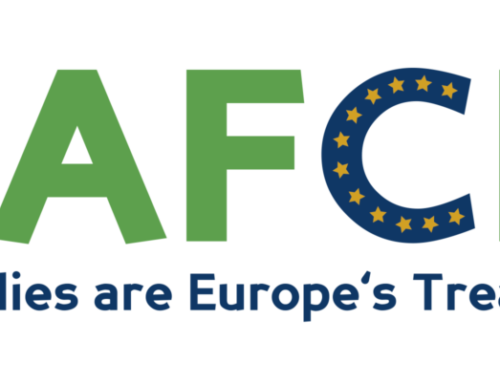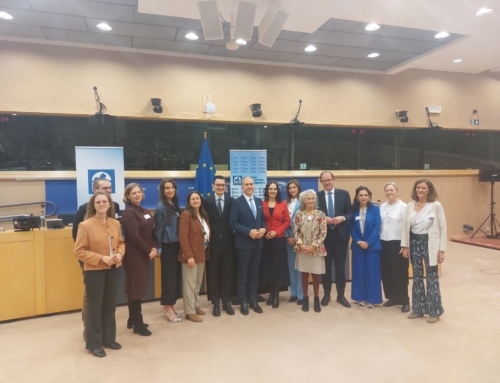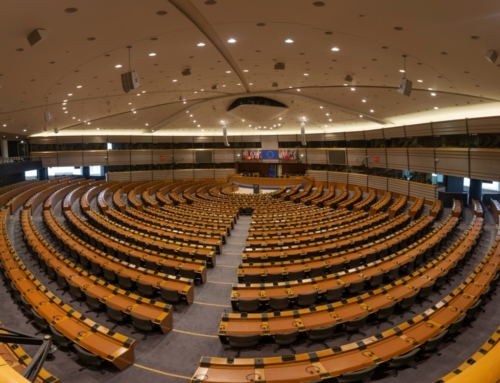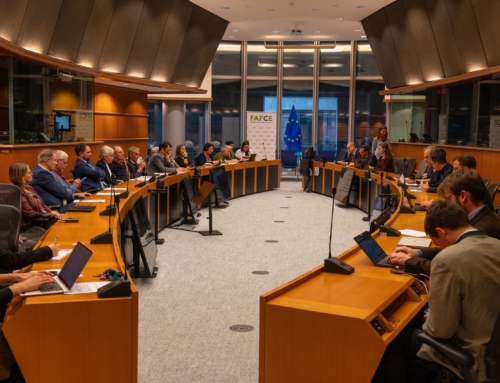One year ago, a new legislative term of the European Parliament was launched in Strasbourg. Instead of the expected proposals in favour of the respect for every person, many times proclaimed during the electoral campaign, during these 12 months, we have witnessed a number of political acts which tend to impose a conflictual vision on life, of human relations and of the relations between men and women. We recall the Tarabella, Panzeri and Noichl Reports, adopted under strong pressure during the last few months; at the beginning of September, the European Parliament will again discuss two reports featuring very clearly oriented contents.
The Report drafted by MEP Laura Ferrara (EFDD) on The situation of fundamental rights in the European Union (2013-2014), adopted by the Committee of Civil liberties, justice and internal affairs (LIBE) on the 2nd of July: once again, ideological claims are made that go beyond EU competences; fortunately, a majority of the members of this Committee rejected an amendment supporting the right to assisted suicide (AM 379); nevertheless the way has been paved for this further attempt on human dignity.
The Report on empowering girls through education in the EU (MEP Liliana Rodrigues, S&D), was adopted on 16 June last by the Committee on Women’s rights (FEMM); restating several times the promotion of gender ideology, this report as well goes beyond the competences of this Committee; the members of the European Parliament rejected a paragraph grounded on this very theory during the vote on the Panzeri Report: in order to remain coherent, they should look for an alternative approach to this report.
On the side of the European Commission, the declarations of its First Vice-President, Frans Timmermans, passed almost unnoticed: intervening at the ‘Equality Gala’ organised by ILGA Europe, a lobby which benefits from very consistent EU subventions, Vice-President Timmermans made several declarations on the wish of imposing the recognition of unions and marriages between persons of the same sex on those Member States that have not introduced similar legislations.
Nevertheless… Eight Member States currently have constitutions which define marriage as the union between a man and a woman (Bulgaria, Croatia, Hungary, Italy, Latvia, Lithuania and Slovakia). At the service of the Union and of its Member States, the Commission does not have any mandate to impose on them changes to their customs and to their respective constitutions, a fortiori on matters related to the definition of family, the fundamental cell of every society, founded on the marriage between a man and a woman.
FAFCE, member of the Fundamental Rights Platform, also follows with great attention the selection process of the new Director of the EU Fundamental rights Agency (FRA). We denounce the fact that – as the parliamentary hearing revealed – the three candidates presented by the Commission to the Council and to the Parliament all have the same ideological profile, which calls into question and undermines the transparency of the selection process and the necessary impartiality of the FRA, supposed to monitor the respect for the Charter of Fundamental Rights of the European Union at the EU level and in the Member States.
All these examples show that the priorities of our Union’s institutions are too often placed in the wrong order: in the current European landscape, in the presence of an economic crisis of which everybody pays the costs, and facing the threat of a demographic winter, which some Member States are already painfully going through, the family appears as a source of light. Primary core of every human relation, a miniature-society which becomes a school of solidarity and where everyone learns the richness of complementarity between a man and a woman, the family must be supported, promoted and protected. Through its presence in Brussels and in Strasbourg, FAFCE strives to bring to elected representatives and to all the European institutions the voice of the silent majority of men and women who want the true good of Europe.






